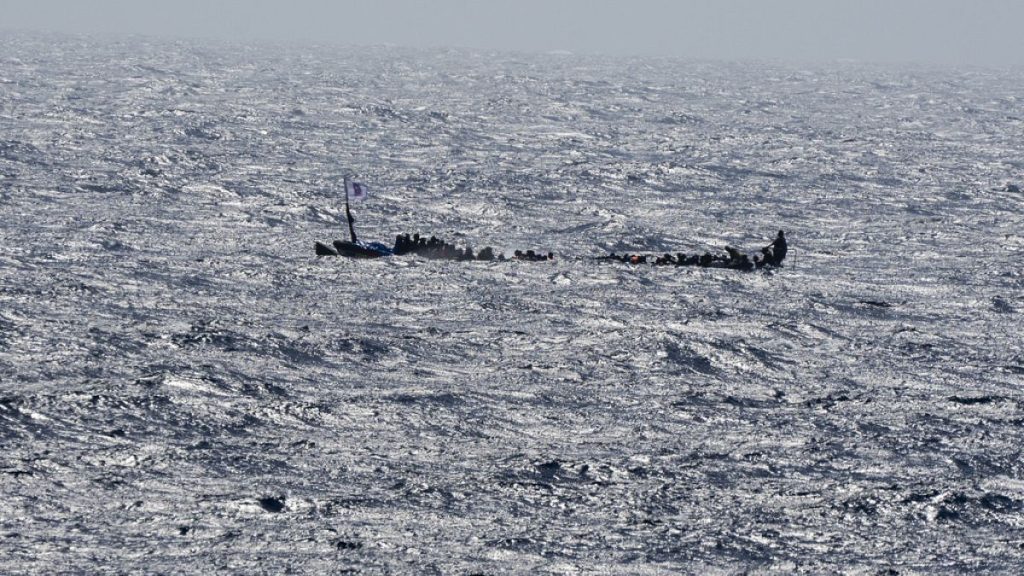The tragedy occurred in the Canary Islands as a boat carrying 84 migrants capsized overnight, resulting in the deaths of at least nine individuals. The incident was reported when one of the passengers made an emergency call to the Tenerife rescue centre, prompting the deployment of Spain’s maritime rescue service. Despite their efforts, only 27 people were rescued while nine bodies were recovered from the sea. The boat capsized just four miles off El Hierro, one of the Canary Islands, when the migrants rushed to one side of the boat, leading to the tragic event. Search efforts for the 48 remaining missing migrants were hindered by strong winds and darkness, but rescue teams continued their search into daylight.
This tragic event highlights the dangers faced by migrants seeking to cross the treacherous waters to reach Europe, often in overcrowded and unsafe vessels. The Canary Islands have become an increasingly popular destination for migrants attempting to reach European soil from Africa, with over 26,000 arrivals by sea so far this year. The unstable and perilous conditions of the journey put migrants at risk of drowning, shipwrecks, and other dangers, as seen in this recent capsizing incident. Rescue teams are working tirelessly to locate the missing migrants and prevent further loss of life in these risky crossings.
The response to this migrant boat capsizing underscores the urgent need for improved safety measures and increased resources for search and rescue operations in the Canary Islands. With thousands of migrants attempting the dangerous journey across the sea each year, it is crucial to have adequate support and resources in place to respond to emergencies and prevent further loss of life. The deployment of rescue boats and helicopters, as well as the dedication of rescue teams despite challenging conditions, demonstrates the commitment to saving lives and providing assistance to those in distress at sea.
The tragic loss of life in this migrant boat capsizing serves as a stark reminder of the risks and challenges faced by migrants seeking a better life through irregular migration routes. Many migrants are forced to undertake these perilous journeys due to conflict, poverty, and lack of opportunities in their home countries, risking their lives in the hope of a better future in Europe. The international community must work together to address the root causes of irregular migration, provide safe and legal pathways for migration, and ensure the protection and rights of migrants, including those who are seeking asylum or refuge from persecution.
The search and rescue efforts in the aftermath of the migrant boat capsizing in the Canary Islands reflect the solidarity and cooperation needed to respond effectively to humanitarian crises at sea. As countries grapple with the complex challenges of migration and displacement, it is essential to uphold human rights, protect vulnerable populations, and provide assistance to those in need. The tragedy serves as a call to action for greater international cooperation, compassion, and support for migrants, refugees, and asylum-seekers who continue to face life-threatening risks in their quest for safety and security.
In conclusion, the capsizing of a migrant boat in the Canary Islands resulting in the deaths of at least nine individuals sheds light on the dangerous and precarious journeys undertaken by migrants seeking a better life in Europe. The tragedy underscores the urgent need for improved safety measures, increased resources for search and rescue operations, and greater international cooperation to address the root causes of irregular migration and protect the rights of migrants. The response to this incident highlights the commitment of rescue teams to saving lives and providing assistance to those in distress at sea, while also emphasizing the importance of solidarity, compassion, and support for vulnerable populations on the move.


